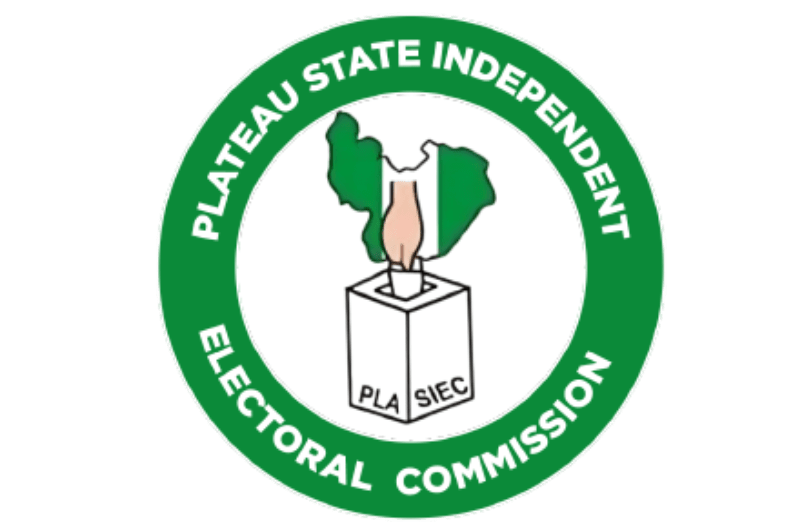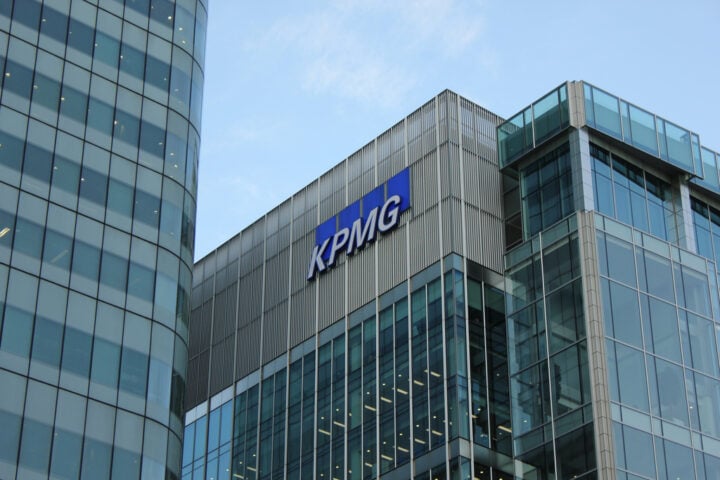The Diabetes Association of Nigeria has released staggering statistics, indicating that a shocking 11.2 million Nigerians are currently battling the life-altering disease.
Speaking at an event to commemorate the 2023 World Diabetes Day in Abuja, Dr Alkali Mohammed, President of the association, highlighted the alarming prevalence of the disease in the country. The World Diabetes Day, an event designated by the UN, serves as a stark reminder of the pressing need for decisive action against the growing peril of diabetes.
The theme for the 2023 commemoration is “Access to diabetes care,” emphasising the vital importance of enhancing healthcare accessibility for diabetic individuals.
Dr. Mohammed disclosed that a staggering 90% of the 11.2 million Nigerians suffering from diabetes are grappling with type 2 diabetes, with the disease capable of affecting any part of the body. The global scale of the diabetes crisis is also daunting, with approximately 537 million people worldwide estimated to be living with the disease. This number is projected to skyrocket to 737 million by 2040 if proactive measures are not taken to curb the disease.
Advocating for a 20% tax on Sugar-Sweetened Beverages (SSBs), Dr. Mohammed suggested that such a tax hike would not only discourage the consumption of sugary products but also generate revenue for the government. He underscored the urgency of channelling the tax revenue, urging the government to allocate at least 60% of the funds towards public enlightenment, prevention, and subsidising medications for diabetes patients.
Meanwhile, the National Action on Sugar Reduction (NASR) Coalition revealed that a diabetic patient spends no less than N300,000 annually on medication, with diabetes indirectly costing Nigeria about 4.5 billion dollars each year. Dr. Alhassan-Adamu Umar, Chairman of the Coalition, emphasised the compelling need for Nigeria to take decisive action in mitigating the risks presented by Non-Communicable Diseases (NCDs) arising from the consumption of SSBs.
Dr. Umar articulated the multifaceted financial and societal implications of diabetes, stressing that the disease’s impact extends beyond healthcare costs to reduced productivity and the imposition of caregiving responsibilities on family members. He highlighted Nigeria’s distressing status as the country with the highest burden of diabetes in Africa and underscored that diabetes is often under-reported, with many individuals unaware that they are living with the disease.
The NASR coalition, a collective of health organizations advocating policies to combat the consumption of SSBs linked to NCDs like type 2 diabetes, cancer, and hypertension, called for stringent policy implementation and optimal utilization of tax revenue from SSBs for the betterment of diabetic patients’ lives.
As Nigeria stands at the frontline of the diabetes epidemic, the clarion call for increased awareness, stringent policy interventions, and meticulous lifestyle adjustments becomes all the more imperative. The need of the hour is a united and resolute effort in curbing the insidious rise of diabetes for the holistic well-being of the nation.
NAN



